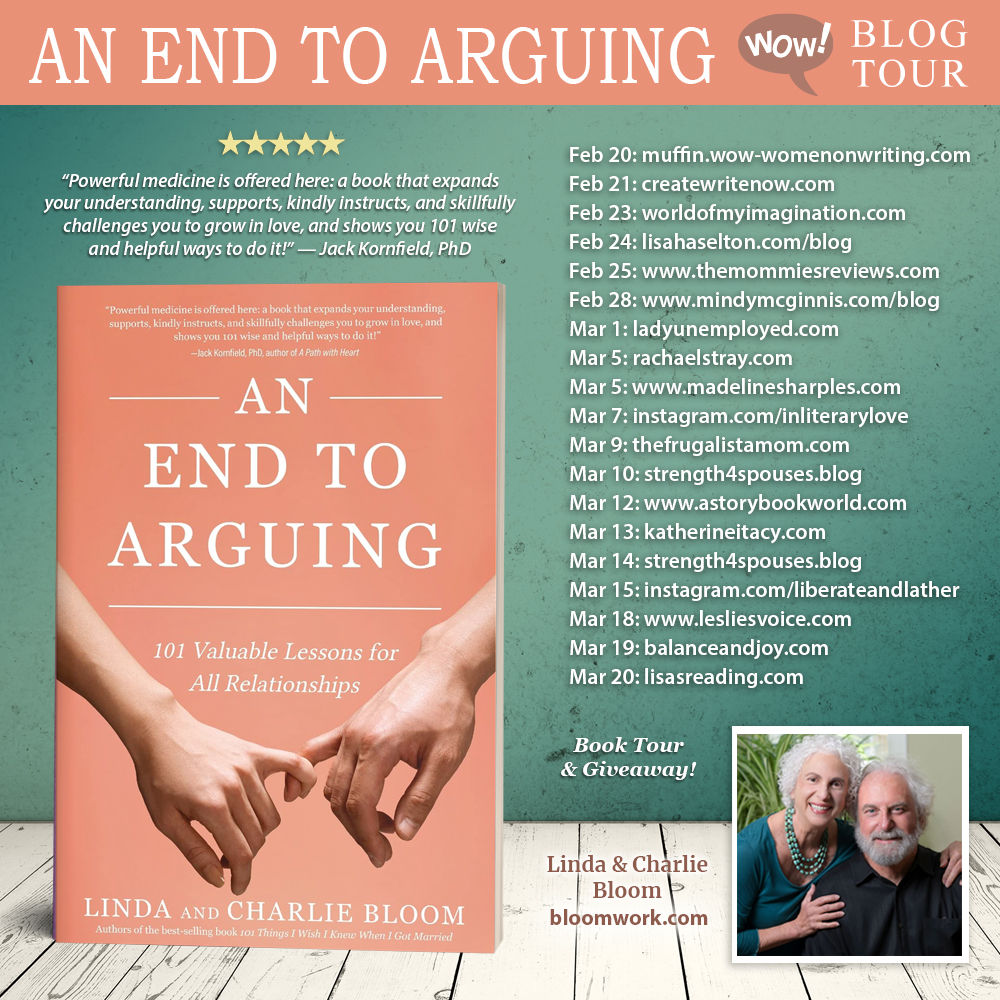by Linda Bloom
The cornerstone of successful relationships involves the cultivation of personal qualities and traits that promote physical and emotional well-being. We can all promote growth in these qualities by engaging in practices that support their development.
We’re offering eight examples of these qualities, along with some suggested practices that can strengthen them. There are, of course, others, but this is a good starter kit to give you a sense of what it may feel like to “do your own work.”
1. Mindfulness
- Show up for what’s happening in the present moment.
- Practice self-reflection by bringing an accepting non-judging awareness to your physical, mental, and emotional experience.
- If you often find yourself feeling rushed, slow down rather than speeding up.
- Spend more time in solitude and less time chasing after more experiences.
.
2. Courage
- Courage is not the absence of fear, it’s the willingness to take responsible and effective actions even in the face of fear
- Practice responsible risk-taking.
- Set and respectively enforce personal boundary
- Create or join a network of committed support.
3. Commitment
- Persist in the face of obstacles.
- Build and restore trust in your relationships.
- Keep your agreements.
- Close the back door of your escape hatch.
- Enlist others to support you in your commitments.
4. Responsibility
- Chose to see difficulties as challenges and opportunities.
- Give up the victim mentality.
- Cultivate self-acceptance rather than seeking approval from others.
- Chose impeccability rather than perfectionism
5. Integrity
- Identify your core values and live in accordance with them.
- Walk your talk. Make sure your words and actions line up.
- Acknowledge, accept, and honor yourself, including disowned, denied, or rejected aspects of your personality.
- Practice accountability by acknowledging your contribution to both positive and negative outcomes of your actions.
- Make only agreements you are committed to keeping.
6. Patience
- View all delays and obstacles as opportunities to cultivate patience.
- Practice mindfulness when things fail to go according to plan.
7. Attentiveness
- Give your full attention to the person with whom you are communicating.
- Withhold advice unless it is solicited.
- Listen with an intention to understand rather than preparing your response.
8. Generosity
- Give things away.
- Give your time, attention, and assistance as well as things.
- Focus more on the words of others rather than getting others to hear your words.
- Give without expectation of return.
- Live in accordance with the principles of enlightened self-interest.
Feel free to add more qualities and/or practices to this list. Customize it to what you see as your growing edge. Keep in mind that doing your work is a labor of love and not an obligation. The motivation to do it often arises out of awareness that doing so benefits me as well as all of those with whom I am in relationship. It’s the ultimate win/win game!
Find more tips like this in the Blooms’ new book an End to Arguing: 101 Valuable Lessons for All Relationships.
About An End to Arguing
Now more than ever, couples need guidance for navigating conflict wisely and skillfully. Drawing on insights from their work with couples since 1975, the Blooms offer practical tools and strategies that apply to all relationships. An End to Arguing convincingly shows how destructive conflicts can be avoided, and provides stimulus for individual and interpersonal growth. They use compelling examples from their clinical work and their own fifty-year marriage, which has had its share of challenges.
An End to Arguing doesn’t just provide a way of preventing differences from turning into painful conflict; it gives the reader an insight into what qualities are inherent in argument-free relationships. The way of getting there may be simpler than you think!
You can purchase a copy of the book on Amazon, Barnes and Noble, or Bookshop.org. Be sure to also add it to your GoodReads reading list.
About the Author
Linda Bloom, LCSW and Charlie Bloom, MSW have been married since 1972. Trained as psychotherapists and relationship counselors, they have worked with individuals, couples, groups, and organizations since 1975 and have lectured and taught at learning institutes throughout the USA and internationally, including the Esalen Institute, the Kripalu Center for Yoga and Health, Northern California Mindfulness Institute, The California Institute for Integral Studies, and the World Health Organization. They have authored five books, including the bestseller, 101 Things I Wish I Knew When I Got Married: Simple Lessons to Make Love Last (over 100,000 sold), Secrets of Great Marriages, Happily Ever After… and 39 Other Myths about Love, That Which Doesn’t Kill Us: How One Couple Became Stronger at the Broken Places, and An End to Arguing: 101 Valuable Lessons for All Relationships. They are founders and co-directors of Bloomwork, based in Santa Cruz, California.
Visit them online:
Website: https://bloomwork.com/
Twitter: https://twitter.com/Bloomwork
LinkedIn: https://www.linkedin.com/in/lindacbloom/
Instagram: https://www.instagram.com/linda_charlie_bloom/
